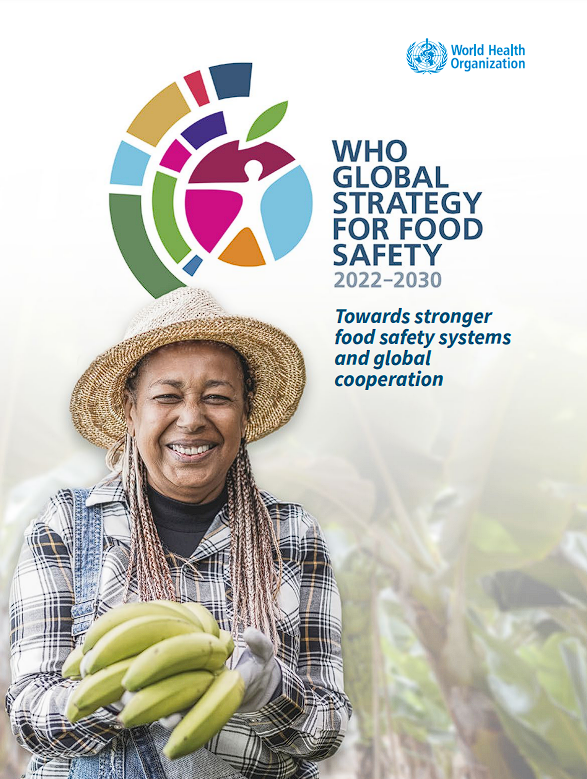
As you know, IBFAN greatly values WHO’s efforts to protect maternal and child health and its clear wish to strengthen Member States’ food safety capacity. However, following the launch of the WHO Global Strategy for Food Safety on Monday we feel we must express our concerns that private sector interests are unduly influencing and risk undermining WHO’s normative work. The Strategy was launched at the same time as the 14th multi-stakeholder World Health Summit in Berlin, an event co-sponsored by WHO for the first time and part-sponsored by a major baby food manufacturer at the centre of a food safety scandal. We note that the Global Strategy for Food Safety says that: “Unsafe food disproportionately affects vulnerable groups in society, particularly infants, young children, the elderly and immunocompromised people.” However, despite many requests and submissions by IBFAN, the Strategy makes no mention of breastfeeding at all. WHO, more than any other agency is aware of that human milk is the safest first food for children and that breastfeeding is resilient, provides food, care and immune support and prevents malnutrition in ALL its forms. WHO also knows that babies are at greatest risk of water-borne diseases, with diarrhoeal disease the second biggest killer of under-fives. As climate-related emergencies increase, water scarcity and contamination are inevitably exacerbated. Breastfeeding in these circumstances is the only lifeline for infants and young children.
See WHO document:

